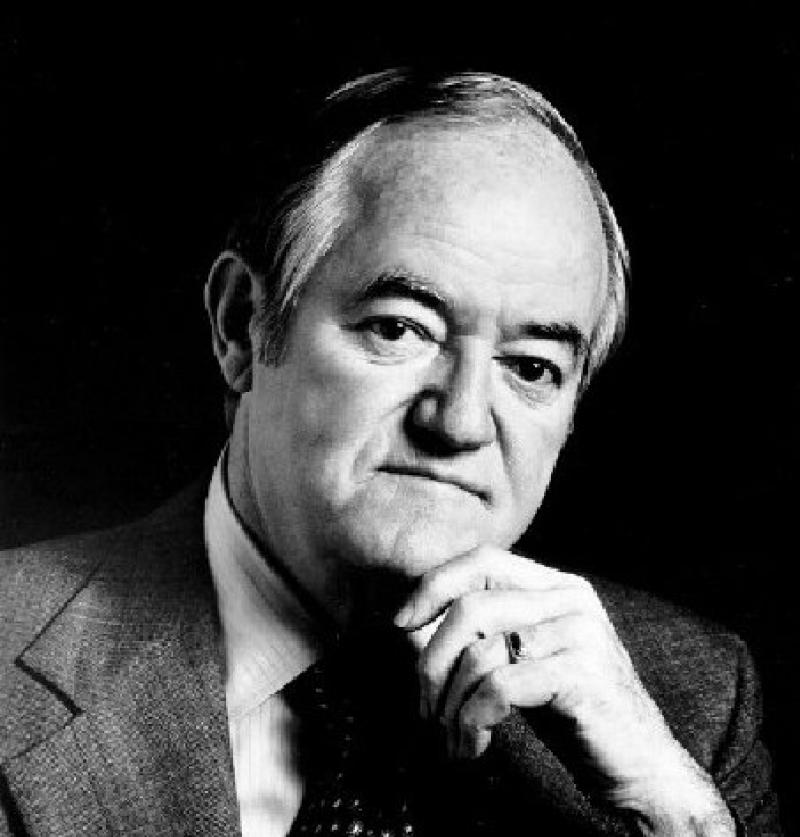When the photographer who shot the Beatles captured the moment the Vietnam war came home


Michael Cooper was most famous for shooting candid moments with the Rolling Stones and the cover of the Beatles’ 1967 album Sgt Pepper’s Lonely Hearts Club Band. But in the summer of 1968 he found himself in Chicago to witness ‘America’s crack-up’ – as a police riot filled television screens and an inter-generational conflict opened up over the Vietnam war
CHICAGO 68: The Whole World is Watching,
Photographs by Michael Cooper, with text by Terry Southern is being published by Hat & Beard Press


Esquire magazine assembled a team of world-famous writers backed by a rock photographer to cover the moment when extraordinary politics needed something out of the ordinary: left, to right, French novelist Jean Genet; beat poet Allen Ginsberg; new journalism satirist Terry Southern; and Beat Generation author William S Burroughs
Demonstrators were met by an intimidating military presence and were soon beset by teargas and police clubs during four days of violence
‘At long last America is moving, because the hippies have shaken their shoulders,’ Jean Genet wrote


‘The Democratic convention is about to begin in a police state, there doesn’t appear to be any other way to describe it,’ news anchorman Walter Cronkite said


Photograph: Krause, Johansen/ Photograph by Michael Cooper, fr
‘It was during that march and later the same evening that we got a glimpse of democracy-in-action, Machiavelli/Gestapo-style,’ Terry Southern wrote. Left to right: Jean Genet, William S Burroughs, and Terry Southern









This was my senior year in college.
I was a disk jockey at the college radio station. Every hour on the hour, one of us did "the news", reading a stack of printouts from the teletype. (For you ignorant youngsters, the teletype was one of the predecessors of the internet. Press releases from outfits like AP and Reuters were printed out on a continuous six-inch-wide band of paper-with-carbon-copy.)
Normally the teletype was just a background noise like an old impact printer, chugging along at the edge of consciousness. It did have a little bell which it rang once or twice when something really important came through.
I was in the middle of my show one evening evening when the teletype went nuts, ringing its bell incessantly.
The stage was set for the '68 Democratic Convention...